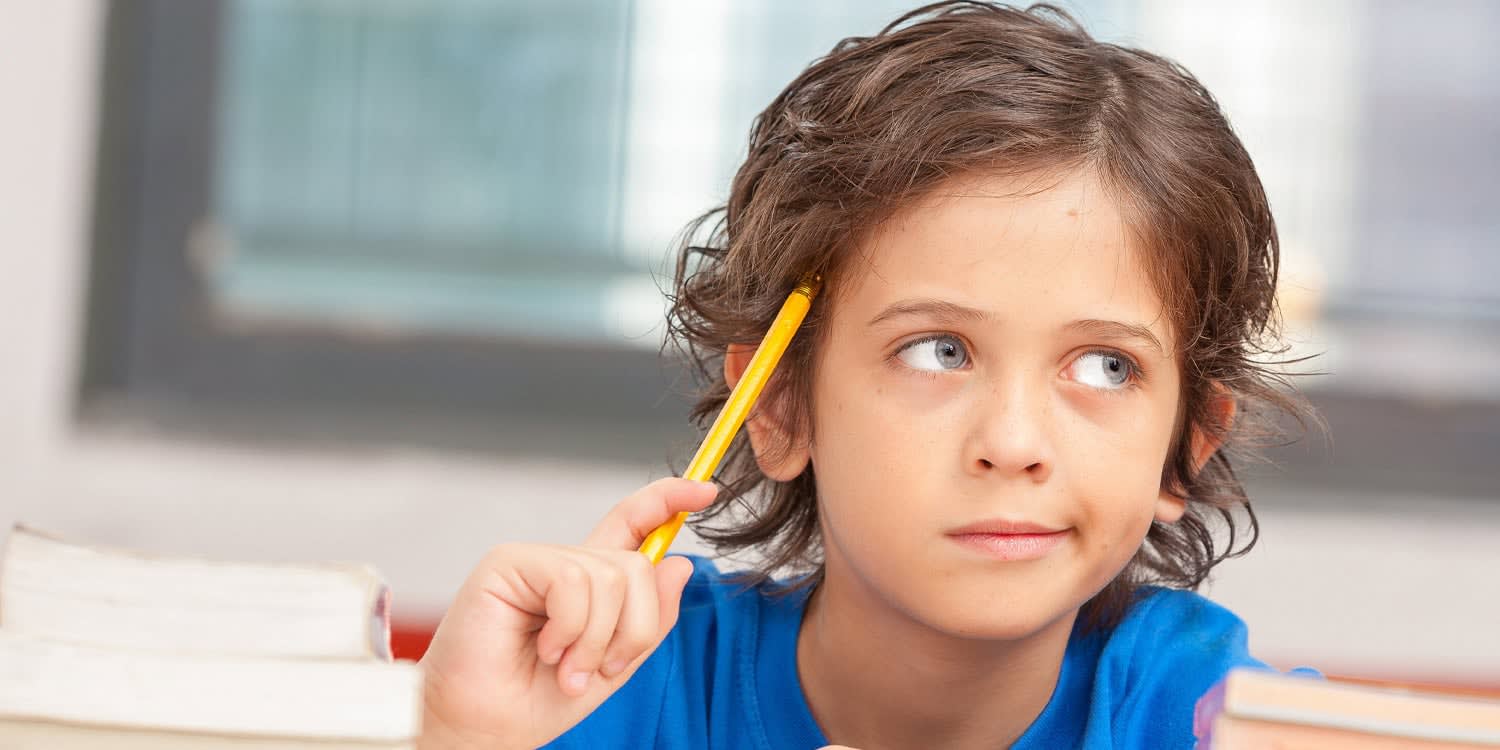
Understanding the Development of Self-Perceived Intelligence in Children
A recent study published in a leading journal on cognitive development has revealed that children under the age of 10 are not very accurate at judging their own intelligence. Researchers from Estonia found that younger children’s self-assessments of how smart they are often have little to do with their actual performance on standardized IQ tests. However, around the age of 10, this begins to change. At that point, children’s self-perceived intelligence starts to reflect their measured cognitive abilities more reliably—though the two never fully align.
Intelligence is generally defined as the ability to think abstractly, solve problems, learn quickly, and adapt to new situations. Psychologists often measure intelligence using standardized tests, such as the Raven Standard Progressive Matrices, which assess pattern recognition and reasoning without relying on language. While these tests are widely accepted among researchers, people’s everyday understanding of intelligence tends to be broader. Many individuals, especially children, may associate being “smart” not only with academic performance but also with traits like being well-behaved, popular, or confident.
The mismatch between scientific and lay definitions of intelligence has raised questions about whether simply asking people how intelligent they think they are can serve as a useful substitute for formal testing. Prior research has found that people’s self-reported intelligence usually has only a weak relationship with their actual IQ scores. This gap has limited the usefulness of self-reported intelligence in psychological research and education, but little was known about how this relationship develops over the course of childhood.
The Study and Its Goals
The goal of the current study was to pinpoint the age at which children begin to form a meaningful understanding of their own intelligence. Researchers Jüri Allik and Helle Pullmann aimed to determine when self-reported intelligence starts to reflect measured cognitive ability and how stable these self-assessments are over time. The work was part of a broader effort to understand how intelligence, personality, and academic performance are linked during childhood and adolescence.
This study also builds on a long tradition of intelligence research in Estonia. In the early 20th century, Estonian school principal Juhan Tork conducted pioneering work on children’s cognitive ability that was later suppressed during Soviet occupation. After Estonia regained independence, researchers sought to revisit and expand upon these early studies using modern methods.
Methodology and Findings
The study used data from thousands of Estonian schoolchildren between the ages of 7 and 18, drawn from two related samples. The first group included 2,712 adolescents in Grades 6, 8, 10, and 12 who were assessed in 2001, with a follow-up conducted in 2003 that included 1,681 students from the same schools. A second group consisted of 1,832 younger children in Grades 2, 3, and 4 from across Estonia, with ages ranging from 7 to 11.
Participants completed the Raven Standard Progressive Matrices, a nonverbal test of fluid intelligence that requires identifying patterns in visual matrices. Children also rated their own intelligence using age-appropriate self-report items. For students in Grades 1 through 4, a simplified three-point scale was used in response to the statement “I am very smart, and I understand everything immediately.” Older students (Grade 6 and above) used a 10-point scale to assess how their cognitive abilities compared to others.
Key Results
The results indicate that young children are not particularly good at evaluating their own intelligence. Among children aged 7 to 9, those who rated themselves as very smart actually scored lower on IQ tests than their peers with more modest self-assessments. This suggests that self-perceived intelligence during early childhood may reflect wishful thinking, confidence, or self-esteem rather than actual cognitive ability.
But starting around age 10, this pattern begins to shift. From that point onward, children’s self-reported intelligence begins to track more closely with their measured IQ scores. The correlation between the two measures becomes increasingly consistent with age, peaking at a correlation of about 0.41 in 11-year-olds. This pattern suggests that by age 10, children begin to develop the cognitive and social maturity needed to make more accurate judgments about their own abilities.
Importantly, this shift happens before the self-report format changes from the simpler version used in early grades to the more nuanced scale used in older students. This rules out the possibility that the change in response format is driving the improvement in accuracy.
Limitations and Future Research
While the study provides valuable insights into how children’s understanding of intelligence develops, it has some limitations. The researchers focused on Estonian students, and while previous comparisons suggest their developmental trajectory is similar to children in other countries, cultural differences could still affect how children think about intelligence. Future research might explore how these patterns play out in other cultural settings or in children with different educational experiences.
Another open question is how children’s concepts of intelligence evolve beyond adolescence. While this study tracked students into late high school, it’s possible that their self-assessments change again in early adulthood, particularly as they gain more life experience and academic or occupational feedback.